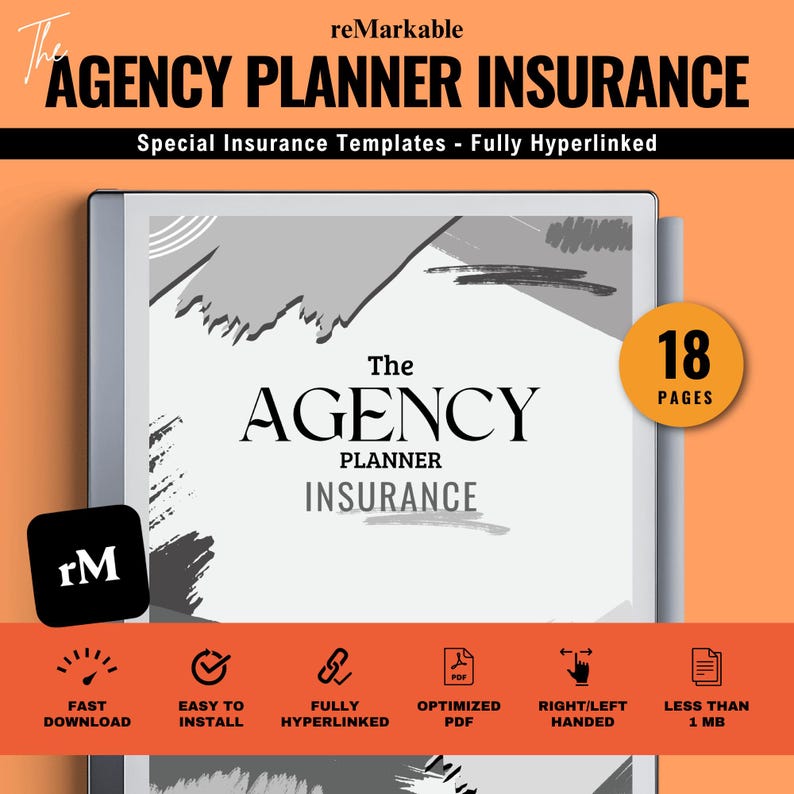When it comes to running a used car dealership, there’s more at stake than just buying and selling vehicles. With countless transactions, customer interactions, and the inherent risks of the automotive industry, having the right insurance coverage isn’t just a formality—it’s a vital safeguard for your business’s future. In this article, we’ll walk you through the essential insurance coverage guidelines every used car dealer needs to understand. Whether you’re just starting out or looking to strengthen your existing policies, these insights can help you protect your investment, your employees, and the customers who trust your dealership. Let’s dive into the key protections that can keep your business secure, no matter what challenges come your way.
Table of Contents
- Understanding Liability Risks in Used Car Dealerships
- Key Insurance Policies Every Used Car Dealer Should Consider
- Tailoring Coverage to Protect Your Inventory and Business Assets
- Best Practices for Managing Claims and Maintaining Adequate Protection
- Key Takeaways
Understanding Liability Risks in Used Car Dealerships
Operating a used car dealership places you squarely in a complex web of legal obligations and potential liabilities. From faulty vehicle disclosures to slip-and-fall accidents on your lot, the range of risks can be daunting. Without the right protections in place, a single claim can lead to significant financial strain or even jeopardize your business. Understanding that liability extends beyond just the vehicles sold — encompassing employee actions, property maintenance, and advertising practices — empowers dealers to proactively shield themselves against unforeseen pitfalls.
Key areas you should constantly assess include:
- Product Liability: Ensuring accurate vehicle histories and full disclosure to prevent claims of misrepresentation.
- Premises Liability: Maintaining your dealership’s property in a safe condition to avoid injuries to customers or visitors.
- Employee Conduct: Protecting against negligent acts employees might commit during the sales process.
- Advertising Compliance: Preventing misleading ads that could spark legal issues.
Recognizing these challenges early and tailoring your insurance coverage accordingly is your best defense. Doing so not only safeguards your assets but also preserves your reputation in a highly competitive market.
Key Insurance Policies Every Used Car Dealer Should Consider
Every used car dealer faces a range of risks from vehicle damage to liability claims, making it crucial to have comprehensive protection in place. Garage Liability Insurance emerges as one of the most vital coverages, safeguarding your dealership from claims related to bodily injury or property damage that occur on your premises. In addition, Dealer’s Open Lot Insurance protects your inventory against risks like theft, vandalism, or natural disasters, providing peace of mind knowing your investment is shielded even when vehicles aren’t sold yet. These essential policies create a safety net that allows dealers to focus on their business without the looming fear of unexpected financial burdens.
Another layer of essential coverage includes Business Auto Insurance, which not only covers vehicles used for business operations but also shields against liability stemming from company vehicles. It’s equally important to consider Errors and Omissions Insurance, protecting you against claims arising from mistakes or oversights in contracts or sales. Additionally, many dealerships benefit from Workers’ Compensation Insurance, ensuring employees have coverage in case of workplace injuries. By building a solid insurance portfolio with these key policies, dealers can navigate the complexities of the used car market with confidence and security.
Tailoring Coverage to Protect Your Inventory and Business Assets
Every used car dealer understands that their inventory is more than just vehicles on a lot; it’s a crucial investment essential to their livelihood. Customizing your insurance to specifically safeguard these tangible assets means accounting for risks such as theft, accidental damage, natural disasters, and even vandalism. Look for policies that offer comprehensive coverage on all vehicles in inventory whether they’re on your lot, in transit, or temporarily offsite for repairs or detailing. Additionally, consider coverage for parts and accessories—items that are often overlooked yet represent significant value.
Beyond protecting your inventory, your business assets require equal attention. Tailored insurance should encompass your dealership’s physical premises, office equipment, signage, and even electronic records. A thoughtfully structured policy recognizes the unique nature of automotive retail operations and includes protections like business interruption insurance, which can cushion financial shocks from unexpected closures. To truly shield your investment, collaborate with insurers familiar with the auto retail sector, ensuring your coverage is as dynamic and resilient as your business ambitions.
Best Practices for Managing Claims and Maintaining Adequate Protection
Effectively managing claims is crucial to sustaining both your dealership’s reputation and financial health. Start by maintaining thorough documentation for each claim, including detailed incident reports, photographs, and communications. This ensures a clear timeline and evidence trail that can expedite the resolution process. Additionally, staying in close contact with your insurance provider allows you to clarify any uncertainties and negotiate favorable settlements. Promptly addressing claims minimizes operational downtime and demonstrates your commitment to transparency and accountability.
To maintain adequate protection over time, regularly review and update your insurance policies in line with changes in your inventory size, market conditions, or regulatory requirements. Consider partnering with an insurance advisor who specializes in the automotive sector to tailor coverage that matches your specific risk profile. Implementing internal controls such as employee training on risk prevention and using inventory management software can further reduce exposure. Remember, proactivity and vigilance are your best allies in keeping your coverage both comprehensive and cost-effective.
Key Takeaways
Navigating the world of insurance as a used car dealer can feel overwhelming, but it’s an essential step to protect your business, your employees, and your customers. By understanding the key coverage types and tailoring your policies to your unique needs, you can drive your dealership forward with greater confidence and peace of mind. Remember, insurance isn’t just a legal formality—it’s a vital safety net that helps you weather uncertainties and focus on what you do best: connecting buyers with the right vehicles. Take the time to review your options carefully, consult with trusted professionals, and keep your coverage up to date as your business grows. In the end, the right insurance can be the steady foundation that supports your success in the used car industry.






